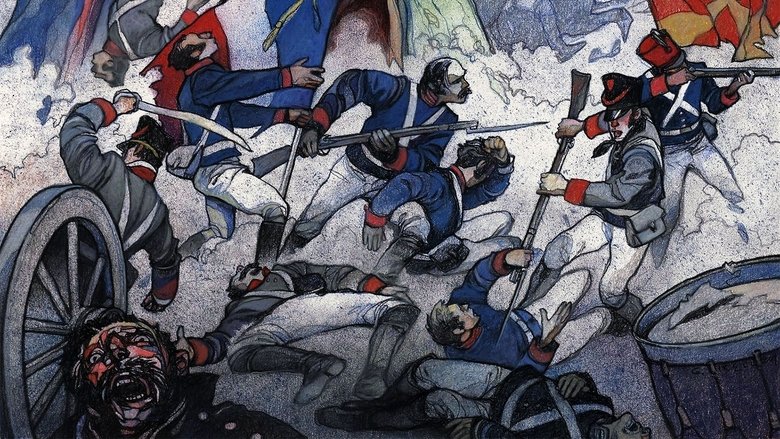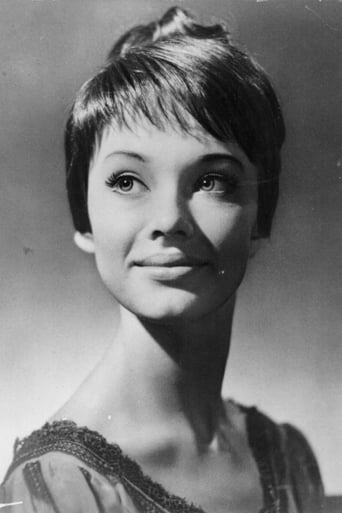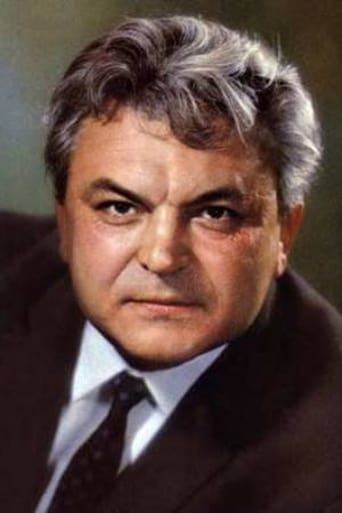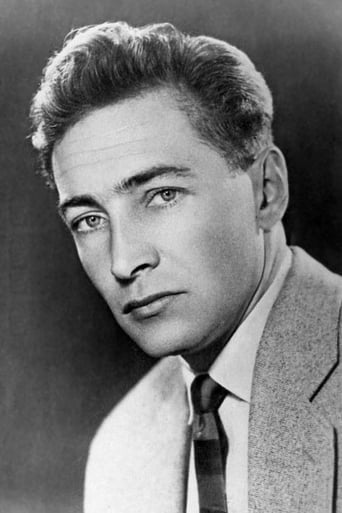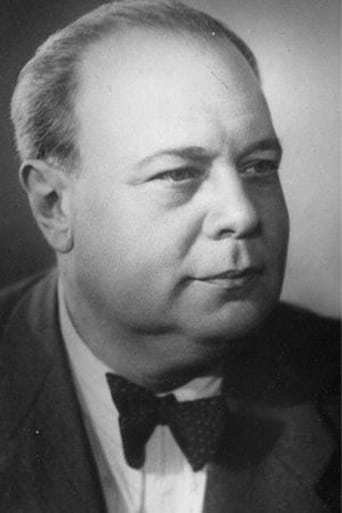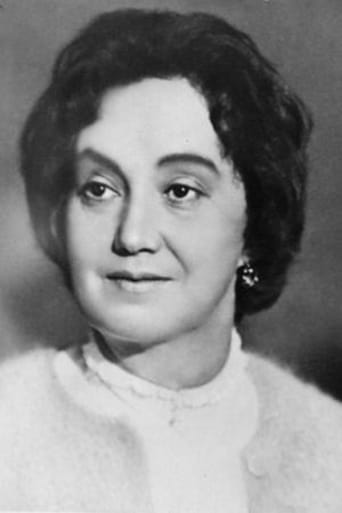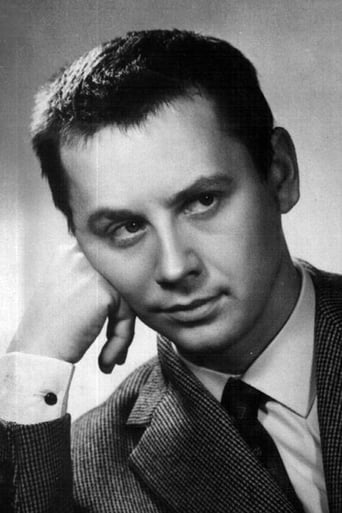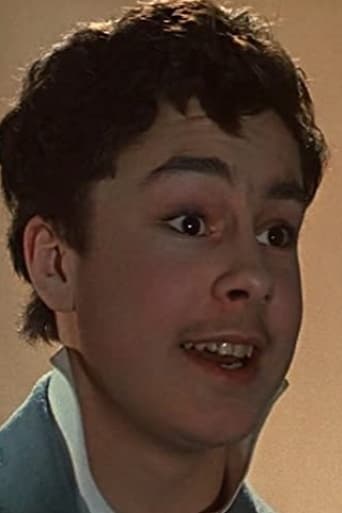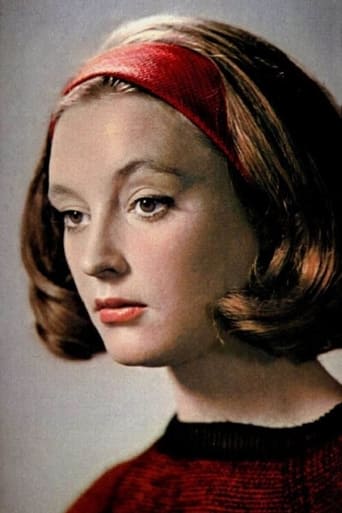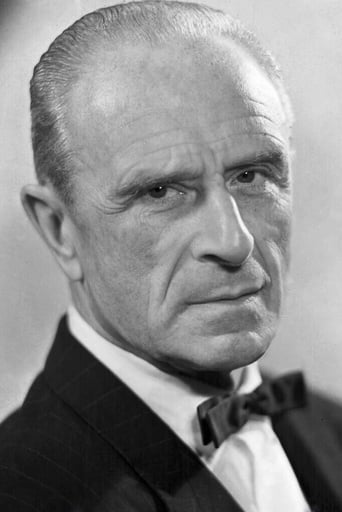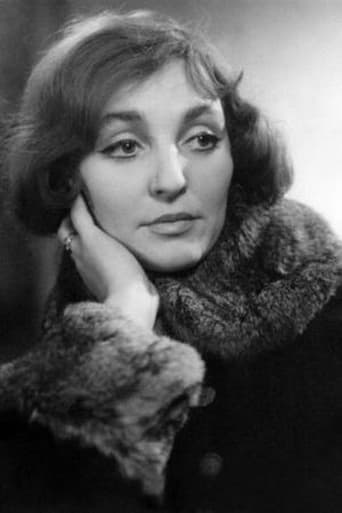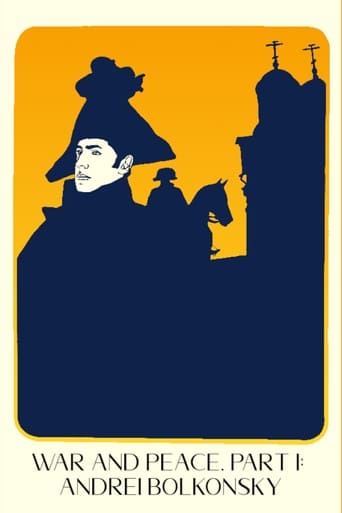
War and Peace, Part I: Andrei Bolkonsky
March. 14,1966The first film of a four-part adaptation of Leo Tolstoy’s 1869 novel. In St. Petersburg of 1805, Pierre Bezukhov, the illegitimate son of a rich nobleman, is introduced to high society. His friend, Prince Andrei Bolkonsky, joins the Imperial Russian Army as aide-de-camp of General Mikhail Kutuzov in the War of the Third Coalition against Napoleon.
Similar titles
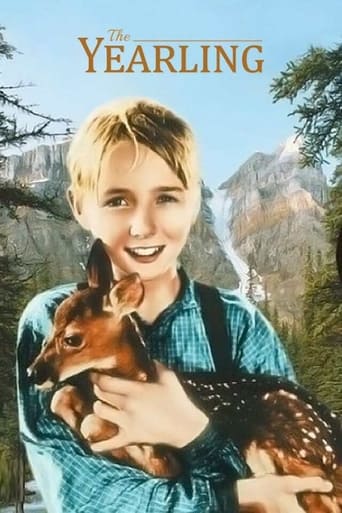
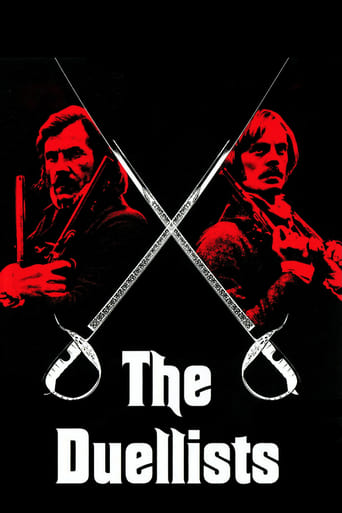
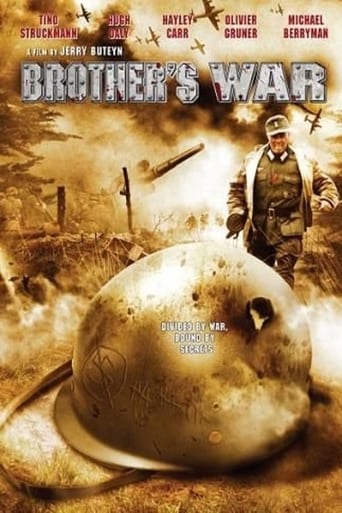
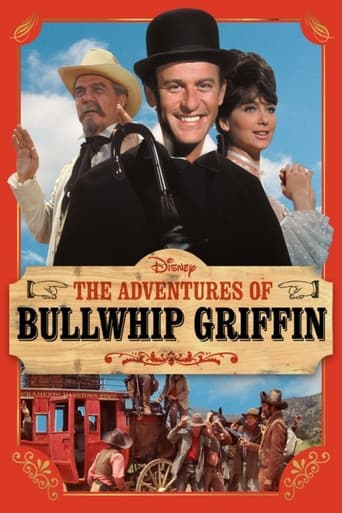
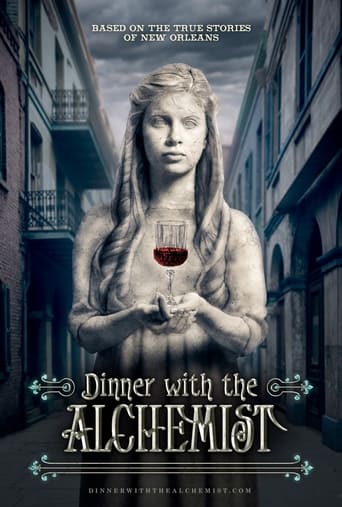
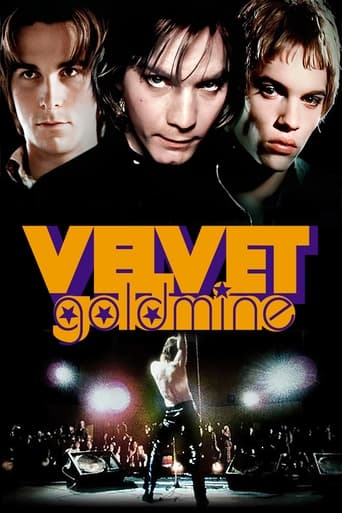
You May Also Like
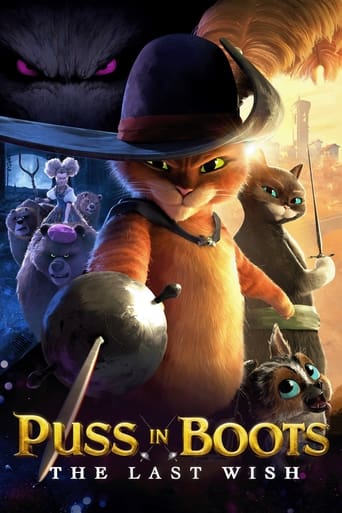
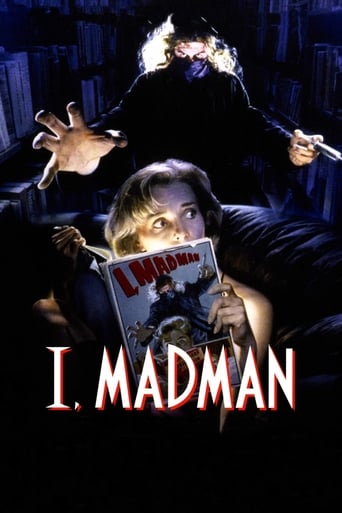
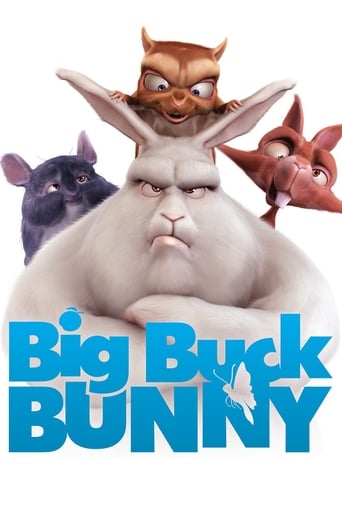
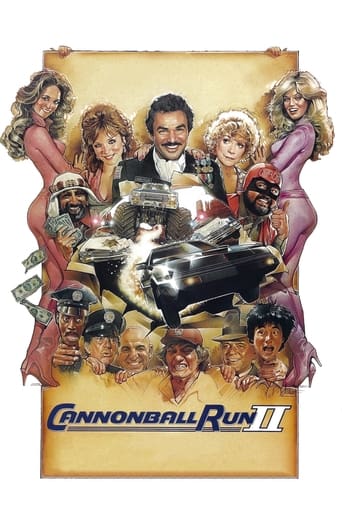
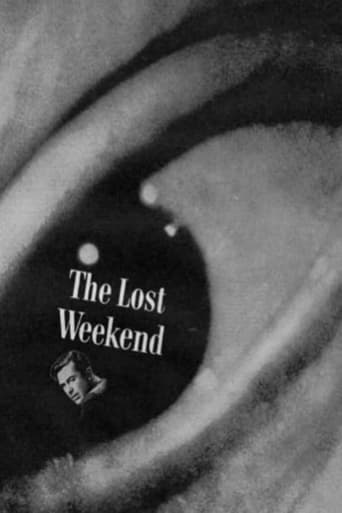
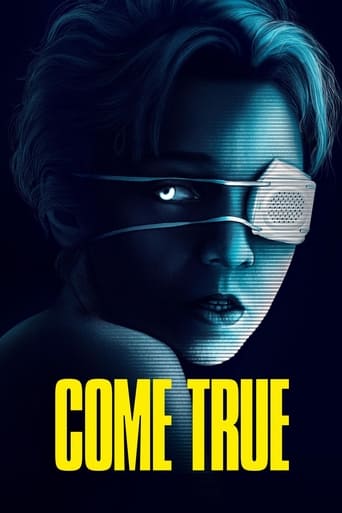
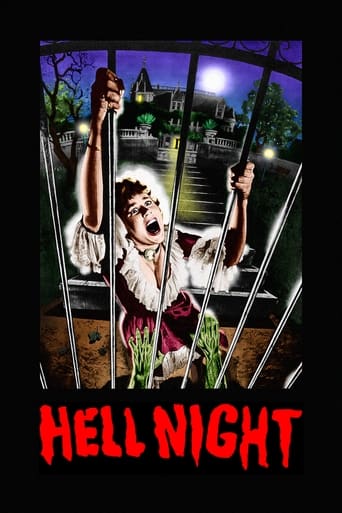
Reviews
Expected more
Fun premise, good actors, bad writing. This film seemed to have potential at the beginning but it quickly devolves into a trite action film. Ultimately it's very boring.
The film never slows down or bores, plunging from one harrowing sequence to the next.
This is one of the best movies I’ve seen in a very long time. You have to go and see this on the big screen.
Although one of the commentators above says that few people have read Tolstoi's book, I think his statement may not be exact. If you're someone who loves to read you must have read War and Peace just as people with a minimum of culture and interest in literature have read Proust, Dumas, Victor Hugo or great American novels by Heminghway or other English writers. As far as I'm concerned I read the book after attending 4 times the superb Paris opera house production of Prokofiev masterpiece staged by Francesca Zambello probably one of the most prestigious production ever made in Paris since Strehler's Nozze di Figaro in 1973 and just as a testimony here is the finale worth watching: https://www.youtube.com/watch?v=0aGQmluM_bo. It is rare to see the french public giving a standing ovation as that was the case during all the performances I attended. The emotion was at its highest level. I was so enthralled by the performance that I decided to read the book and did it in just one week of course in French not understanding Russian. I had seen when I was a youngster the American film with Mel Ferrer and Audrey Hepburn. And I decided to watch the Sergueï Bondartchouk one recently and bought the whole set of dvds. The main critic I'll make on this Russian version is its length. At many moments the director could have shortened his shots without in the least damaging the atmosphere of the episode concerned. The acting is of course absolutely astounding from the smallest part to the main characters, the photography is amazing especially the battle scenes which at many moments remind you of the epic paintings which have been realized at that time in the late nineteenth century. One can also regret that the french company which has distributed the film did not have it remastered before putting it on the market. Considering the price of those four dvds one could demand for a perfect picture. Nevertheless the movie is a must see and one should also watch the opera taking into account that Prokofiev used for its libretto a very small part of the novel focusing the action on Andrei, Natacha and Peter and the great battle scenes (Moscow and Napoleon debacle in particular). The Paris cast was mainly Russian with a superb Natacha, Peter and Andrei.
Few people have been daring enough to even read Leo Tolstoy's epic piece of literature, "War and Peace (1865-1869)," let alone adapt it to the cinema screen. At over 1000 pages in length, the novel is notorious for its intimidating thickness, but those who have read it will usually agree that it is one of the finest achievements in the history of literature. I've never been courageous enough to attempt the story myself, but Sergei Bondarchuk's 1960s adaptation, 'Voyna i mir (1967)' seems an equally ambitious undertaking. At over eight hours in length usually divided into four parts the Soviet film defines "epic" in every sense of the word, and, with a budget of $100 million {over $700 million when adjusted for inflation}, it is also the most expensive movie ever made. Watching such a lengthy film in one sitting seemed a rather daunting task, so I've instead decided to segregate my viewing into the picture's original four parts, over four consecutive nights if possible. The experience began last night with 'Voyna i mir I: Andrey Bolkonskiy (1965),' first released in July, 1965 at the Moscow Film Festival.I'm the first person to admit that I am disproportionately impressed by epic cinema. The story may be non-existent, the performances may be merely adequate, but if there's sufficient spectacle then I'm a sucker for it. Part One of Bondarchuk's 'War and Peace' possesses spectacle in great abundance, and, in every frame, the picture's considerable budget has been put to excellent use. Even the most brief and discreet sequences are gloriously embellished with lavish set decoration and costuming, to such an extent that the flood of colour and creativity becomes almost overwhelming. Unlike comparable masters of epic cinema, such as the wonderful David Lean, Bondarchuk apparently has little use for precise cinematographic composition, and frequently the photography is entirely hand-held, no mean feat considering the bulkiness of those 70mm cameras. In some ways, the unexpected use of this filming style is distracting and occasionally sloppy, but it also adds a unique liveliness to the proceedings if I'm going to have to sit through a stolid costume drama, why not brighten things up a bit with a dynamic camera?The opening hour of 'Andrei Bolkonsky' is a watchable but occasionally tiresome introduction of the major characters, none of which are overly interesting, with the exception of Pierre Besukhov (Bondarchuk himself), whose habit for alcohol and recklessness must be stifled following the inheritance of his father's fortune. It is only during the first bloody battle that the director finally spreads his creative wings, and Bondarchuk's magnificent cinematic scope is almost awe-inspiring to behold, as thousands of soldiers courageously fall in a breathtaking conflict amid the blood and smoke of open warfare. During these sequences, the film generally avoids spending too much time on any one character, and the director is evidently most concerned with offering an "God's eye" view of events, rather than from the perspective of war's insignificant pawns. Using this method, which he also employed to great effect in the English-language picture 'Waterloo (1970),' Bondarchuk is able to retain the "sprawling" tone of his source material, even if such spectacle comes at the expense of any intimacy that we might have had with the story's characters.
So many good directors began their careers as actors. It's the last thing you'd expect. Bondarchuk, like surprisingly many other actors, knows how to handle a wide screen, how to enchant his images, how to keep seemingly mundane footage alive; he can handle everything from soliloquies to mammoth battle scenes; and he ALMOST manages to put it all together into a perfectly constructed seven-hour epic. Alas, not quite. Instalments three and four (three especially) have the air of having been made in the editing suite, after the director had failed to assemble all the shots he needed. But instalments one and two are perfect. Of the two, Part One is the more breathtaking ... not that there's anything wrong with Part Two, but its scope is narrower: it's heavily pre-occupied with its title character (Natasha), and the "war" part of the story is lost even as a backdrop.The "war" scenes in Part One are the best in the whole four-part movie, by a long shot - mainly because they have a point. The scenes of Russia away from the front are all implicitly related to the war (and, by some magical means - it's all in Tolstoy, and I don't understand how it works there, either - to each other), and when we see the actual war, crystallised in a single battle, Bondarchuk (as Tolstoy was doing in the early parts of the book) is trying to convey something other than mere chaos.Watch the whole four-part film. It's amazing. But almost all of the secret of its success is contained within Part One.
Top Streaming Movies











